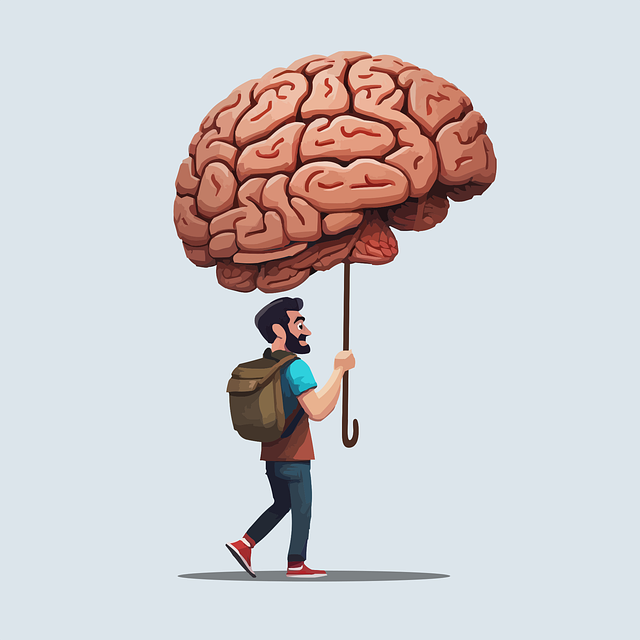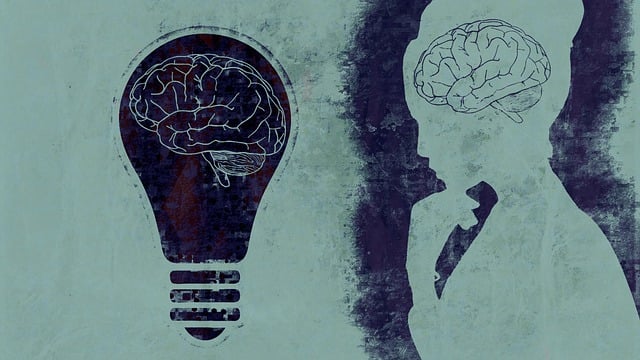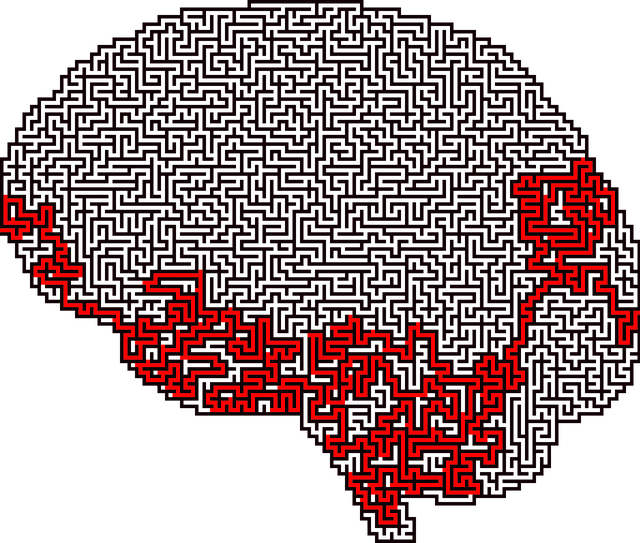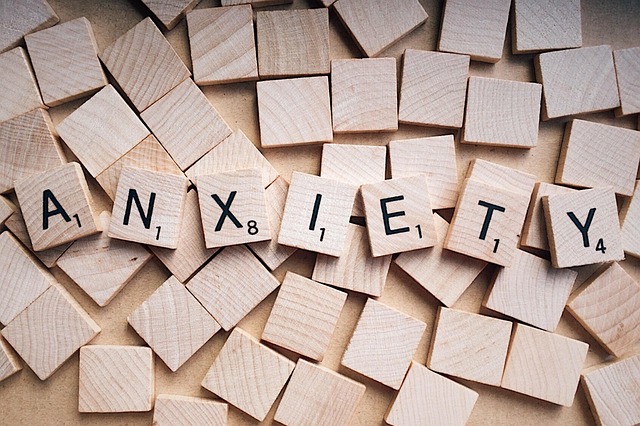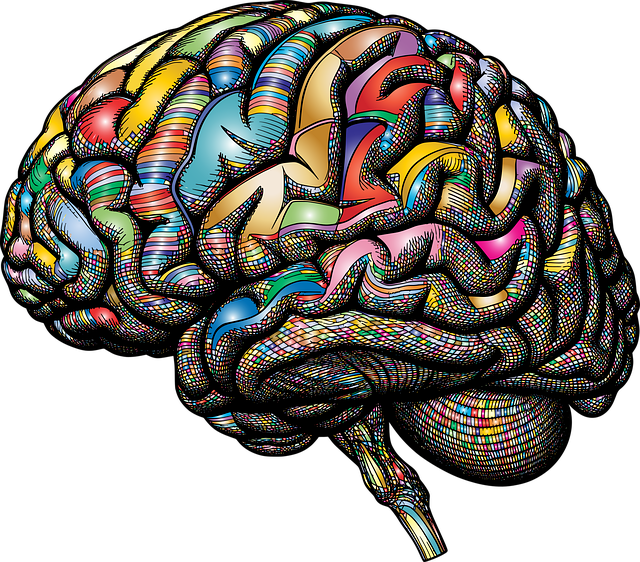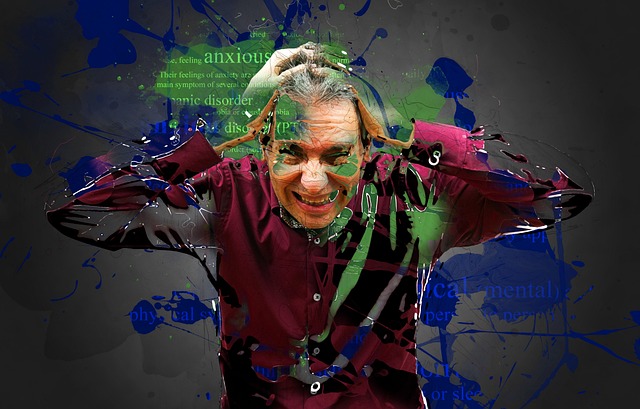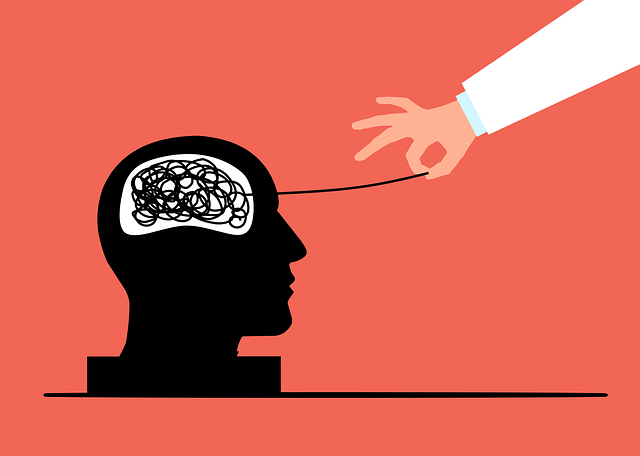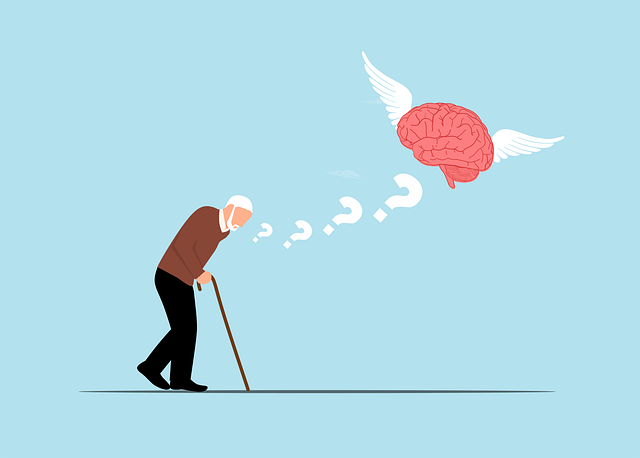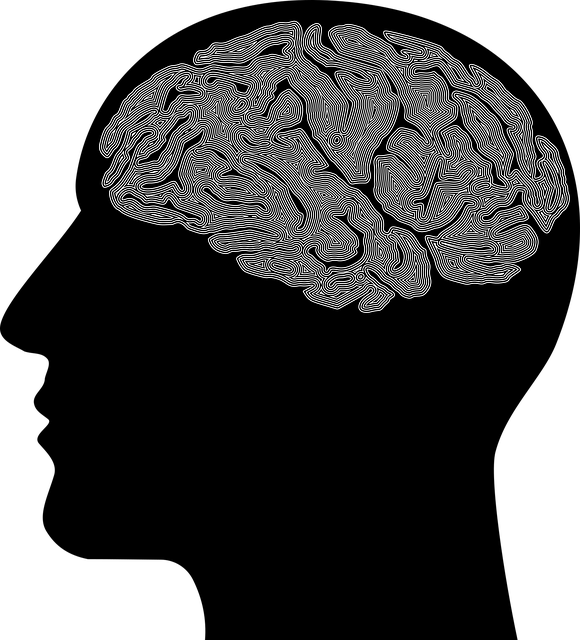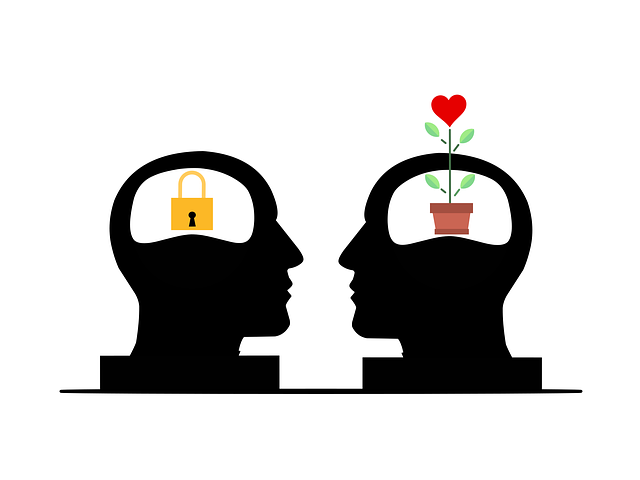Golden Learning Disability Therapy leverages emotion regulation techniques as its core, aiming to boost academic and social success for individuals with learning disabilities. By teaching self-care, empathy, and conflict resolution skills, therapists help learners manage anxiety and improve focus, enhancing their readiness to engage in education. This approach also fosters positive interactions, creating an inclusive environment catering to each learner's unique emotional needs. Through strategies like mindfulness exercises, journaling, trauma support, and coaching, clients gain effective coping tools for intense emotions, leading to improved mental health outcomes and more fulfilling lives.
Emotion regulation techniques are crucial tools for managing and understanding learning disabilities, especially in the context of Golden Learning Disability Therapy. This article explores the significant impact of emotional control on academic performance and social interactions. We delve into the role of Golden Learning Disability Therapy as a game-changer in teaching effective emotion regulation skills. Additionally, we provide practical strategies for therapists to incorporate these techniques into sessions, fostering a supportive environment for individuals with learning disabilities.
- Understanding Emotion Regulation and its Impact on Learning Disabilities
- The Role of Golden Learning Disability Therapy in Teaching Emotion Regulation Techniques
- Practical Strategies for Incorporating Emotion Regulation into Therapy Sessions
Understanding Emotion Regulation and its Impact on Learning Disabilities

Emotion regulation techniques play a pivotal role in supporting individuals with learning disabilities, offering a golden pathway to improved academic and social outcomes. These strategies are essential tools in Golden Learning Disability Therapy, focusing on empowering individuals to manage and understand their emotions effectively. By integrating self-care practices, empathy building strategies, and conflict resolution techniques, therapists can help learners navigate their emotional landscape, fostering a sense of control and confidence.
The impact of this approach is profound; it enhances learning readiness by reducing anxiety and improving attention span. Effective emotion regulation enables students to engage more fully in educational activities, promoting better information processing and retention. Moreover, these techniques encourage positive interactions with peers and adults, creating a more supportive and inclusive learning environment that respects the unique emotional needs of each learner.
The Role of Golden Learning Disability Therapy in Teaching Emotion Regulation Techniques

Golden Learning Disability Therapy plays a pivotal role in teaching emotion regulation techniques, offering a unique and effective approach to addressing emotional challenges. This therapy is designed to help individuals with learning disabilities navigate and manage their emotions more effectively, fostering better mental health outcomes. By employing tailored strategies, it aims to enhance self-awareness, develop healthy coping mechanisms, and improve overall emotional well-being.
Through Golden Learning Disability Therapy, clients learn valuable conflict resolution techniques, crucial for managing intense emotions and resolving internal disputes. Additionally, they engage in compassion cultivation practices, promoting a deeper sense of understanding and kindness towards oneself and others, which is essential for mood management. These therapeutic methods provide a comprehensive framework to help individuals develop resilience, improve their ability to regulate emotions, and ultimately lead more fulfilling lives.
Practical Strategies for Incorporating Emotion Regulation into Therapy Sessions

Incorporating emotion regulation techniques into therapy sessions is a powerful approach to empowering clients with Golden Learning Disability Therapy. One practical strategy involves teaching mindfulness exercises tailored to individual needs. For instance, guiding clients through focused breathing or progressive muscle relaxation during sessions can offer immediate coping tools for managing intense emotions. Encouraging regular mental wellness journaling allows individuals to reflect on their feelings, identify triggers, and track progress over time.
Additionally, integrating trauma support services tailored to emotional regulation can be transformative. Trained therapists can employ techniques like eye movement desensitization and reprocessing (EMDR) or cognitive processing therapy to help clients process traumatic memories safely. Moreover, developing mental wellness coaching programs focused on emotion regulation skills can provide clients with ongoing guidance and support between sessions, fostering a deeper understanding of their emotional responses.
Emotion regulation techniques, when integrated into therapy using Golden Learning Disability Therapy methods, offer a promising approach to support individuals with learning disabilities. By understanding the impact of emotional control on learning and employing practical strategies within therapy sessions, professionals can enhance the overall effectiveness of interventions. This article has explored these concepts, providing valuable insights for navigators of learning disabilities to foster growth and development in their clients.
